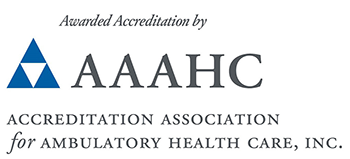Oral Health
Like many areas of the body, your mouth is teeming with bacteria, although most of them are harmless. Normally, the body’s natural defenses and good oral healthcare, such as daily brushing and flossing, can keep these bacteria under control. However, without proper oral hygiene, bacteria can reach levels that might lead to oral infections, such as tooth decay and gum disease.
Studies also suggest that oral bacteria and the inflammation associated with periodontitis, which is a severe form of gum disease, might play a role in some diseases. In addition, certain diseases, such as diabetes and HIV/AIDS, can lower the body’s resistance to infection, making oral health problems more severe. Your oral health might be affected by or contribute to various diseases and conditions including:
- Cardiovascular disease. Some research suggests that heart disease, clogged arteries and stroke might be linked to the inflammation and infections that oral bacteria can cause.
- Pregnancy and birth. Periodontitis has been linked to premature birth and low birth weight.
- Diabetes. Diabetes reduces the body’s resistance to infection, putting the gums at risk. Gum disease appears to be more frequent and severe among people who have diabetes. Research also shows that people who have gum disease have a harder time controlling their blood sugar levels.
- HIV/AIDS. Oral problems, such as painful mucosal lesions, are common in people with HIV/AIDS.
- Alzheimer’s disease. Tooth loss before age 35 might be a risk factor for Alzheimer’s disease.
- Other conditions. Other conditions that might be linked to oral health include Sjogren’s syndrome, an immune system disorder that causes dry mouth, and eating disorders.

Free Dental Screenings
The Student Health Center has partnered with Canyon Creek Dentistry to offer free dental screenings for currently enrolled students. A dental hygienist is present at every screening and performs and inspects teeth and gums. At the end of each screening, the student is provided with a proposed treatment plan. For more information or to schedule an appointment, contact the center at 972-883-2747.
